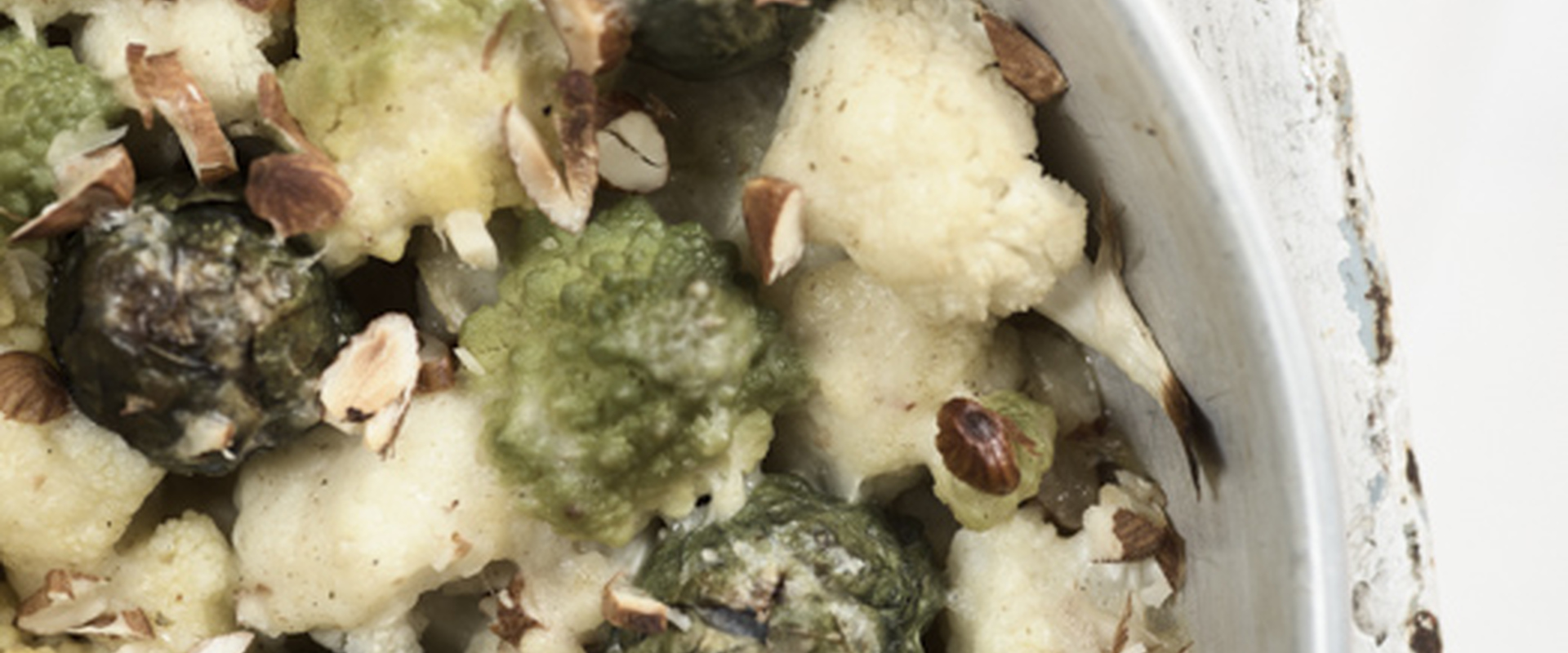Chinese medicine and diet: How to cook (part III)
2017-02-13
Not only food, but
the seasons have energetic qualities in traditional Chinese medicine. According to
Lena Tritto, a cookbook author and dietary consultant trained in Chinese medicine at
ScuolaTao in Bologna, “
In winter we need to eat foods that heat up the body.”
There are also
energetic qualities associated with different stages in life that people go through: “
a child has different needs from an elderly person, and a menopausal woman has different needs from a twenty-year-old boy.”
A dish ought to be balanced and
contain a harmonious balance of all five flavours: sweet, salty, bitter, spicy and tart. “
A classic example is Cantonese fried rice: not only does it contain the five flavours, but also the five colours, and its different consistencies are connected with the theory of the five elements or energetic areas, corresponding to certain organs in the human body: the kidney, the liver, the spleen, the heart and the lungs.”
Hippocrates, considered the father of western medicine, said “let food be your medicine”. And in the Chinese tradition food is indeed considered a medicine: ancient Chinese physician Sun Si Miao wrote that “
herbs cure, but food heals”.
“
Eating properly is an essential form of prevention. In addition to a balanced diet, we of course need an appropriate lifestyle, including good breathing, sufficient rest and appropriate physical activity, such as Tai Chi, Qi Gong, etc., as well as emotional stability.”
Lena recommends taking three main meals, taking special care with
breakfast and
lunch: “
We eat breakfast and lunch at a time when we have more energy available for digestion, and these are the meals in which we can best control body weight.”
The bad news is that the ideal breakfast is not like the classic Italian breakfast of cappuccino and a croissant. In Chinese medicine, not only is this insufficient, but the use of milk, flour and sugar make it particularly humidifying. “
The digestive system needs a cooked breakfast, including a hot cream of grains, either sweet or salty, such as porridge. But basmati rice also makes a good breakfast, dressed with soy sauce or sweetened, though it’s best not to use sugar. To make it taste better and add vitality, you can add a few oily seeds.”
Dinner ought to be
light. “
It’s the perfect time for hot soup, to start with, and some vegetables. It’s best to avoid foods that are difficult to digest, especially if you have trouble sleeping: digestion and sleep don’t go together, especially after a certain age!”
One of the rules of Chinese nutrition says,
“if you want good food, cook it yourself”. We put our own energy into the food we cook, and this has an effect on the quality of the dish. “
Cooking is an act of value in itself, whether or not you do it for other people. It takes time, generosity, energy, love and a good disposition.”
But cooking is also
a creative act, which can become
meditative and
curative. “
It’s a space we have available every day in which to learn how to live in the present moment, refine our ability to concentrate, and take good care of our body, mind and spirit.”
Mariagrazia Villa
Photos: Fabrizio Cicconi (1), Alessandro Bonori (2,3), Giacomo Bruschi (4).
